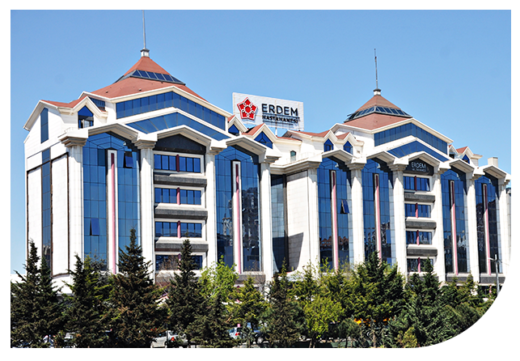Zinc is a vital trace element that plays an essential role in countless biological processes. Even though the body only needs small amounts, zinc is involved in growth, wound healing, immune defense, and the regulation of hormones. Because it is not stored in large reserves, a continuous supply through nutrition is necessary. Both deficiency and excess can have consequences for health, which makes balanced intake particularly important.
Why Zinc Is Essential for the Body
Zinc is a cofactor for more than 300 enzymes that regulate cellular metabolism. It supports cell division, tissue repair, and the production of proteins. The mineral is also a cornerstone of immune system activity, helping the body fight bacteria and viruses. In addition, zinc contributes to:
- Healthy skin and hair growth
- Reproductive health and fertility
- Sensory functions such as taste and smell
- Proper wound healing and tissue regeneration
- Regulation of blood sugar and hormone balance
Because zinc is involved in so many processes, even slight imbalances can affect overall well-being.
Daily Zinc Requirements
The exact daily need depends on age, sex, and life circumstances. Generally, adults require between 7 and 10 milligrams per day, though the requirement may increase in certain situations such as:
- Pregnancy and breastfeeding, where higher zinc levels support fetal and infant development
- Intense physical activity, which accelerates mineral turnover
- Chronic illnesses or digestive disorders that impair absorption
Most healthy individuals can meet their needs through a balanced diet, provided they consume enough zinc-rich foods.
Dietary Sources of Zinc
Zinc is found in both animal and plant-based foods, though it is absorbed more efficiently from animal products. Important sources include:
- Meat (beef, lamb, poultry)
- Seafood (especially oysters and shellfish)
- Dairy products and eggs
- Legumes, nuts, and seeds
- Whole grains and fortified cereals
For people who follow a vegetarian or vegan diet, zinc absorption can be reduced by plant compounds like phytates. Eating a variety of plant-based foods and combining them with vitamin C-rich meals can help improve absorption.
Signs of Zinc Deficiency
A deficiency develops gradually and can manifest in different ways. Common symptoms include:
- Slower wound healing
- Frequent infections due to weakened immunity
- Skin problems such as acne or eczema
- Hair loss or brittle nails
- Fatigue, loss of appetite, or mood changes
- Growth disturbances in children
High-risk groups for zinc deficiency include older adults, pregnant women, people with digestive disorders, and those following strict diets without enough variety.

Risks of Zinc Overdose
While zinc is essential, excessive intake can be harmful. Large amounts often from unregulated supplements can cause:
- Nausea, vomiting, and stomach cramps
- Impaired absorption of other minerals, especially copper and iron
- Lowered immune function if taken in very high doses over time
The tolerable upper intake level for adults is about 25 milligrams per day. Supplementation should always be monitored by a healthcare professional to avoid harmful effects.
Maintaining Healthy Zinc Levels
The best strategy for balanced zinc intake is a varied diet. Supplementation may be necessary in specific situations, but long-term use without medical guidance should be avoided. Regular check-ups and nutritional counseling can help ensure adequate intake, especially for individuals with increased needs.
With more than 37 years of medical experience, Erdem Hospital provides expert nutritional guidance and professional support for patients managing deficiencies and ensuring balanced mineral intake.

Frequently Asked Questions
- Can zinc strengthen the immune system during colds?
Zinc supports the immune system, and adequate intake may reduce the duration of infections. However, supplements should not replace a healthy diet and medical treatment when necessary. - Do children need extra zinc for growth?
Yes. Zinc is crucial for normal growth and development. A deficiency in children can lead to stunted growth and weakened resistance to infections. - Is zinc helpful for skin problems?
Zinc contributes to wound healing and may help improve acne, eczema, or inflammatory skin conditions. Dermatologists sometimes recommend supplementation in cases of deficiency. - How can vegetarians and vegans get enough zinc?
They should focus on legumes, nuts, seeds, and whole grains while ensuring a varied diet. Pairing plant-based zinc sources with vitamin C-rich foods enhances absorption. - Can taking too much zinc weaken the body instead of strengthening it?
Yes. Overdosing on zinc can suppress immune function, reduce copper levels, and disrupt other vital mineral balances in the body.